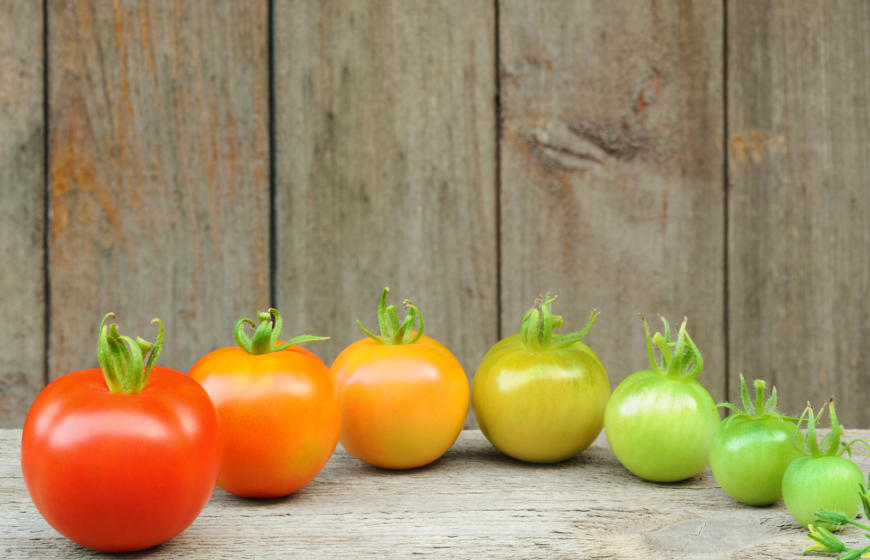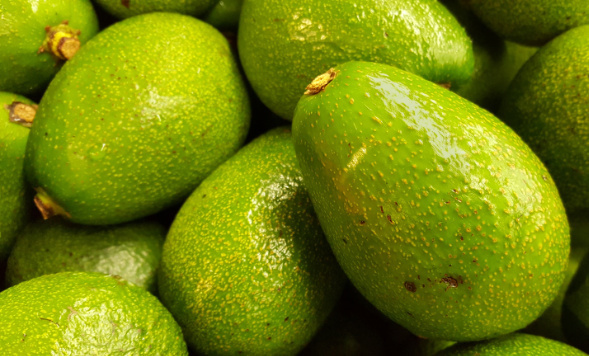Browse these related brochures
Microbulk gas supply brochure
Download
Coregas produce ethylene gas for fruit ripening. A specialty gas mixture of 4% ethylene in nitrogen is used to ripen fruit and crops such as kiwi fruit, tomatoes and oranges. Ethylene is a naturally occurring substance which stimulates ripening, although the process is considered to use artificial fruit ripening gas.

Many fruits are highly sensitive to ethylene gas to stimulate ripening. They also emit ethylene gas when the ripening respiration process becomes active, so once the ripening process has been initiated a 'chain reaction' is initiated.
The use of pure ethylene for ripening is regarded as unsafe in most countries. It has been the cause of fatal accidents and explosions in past decades. It is much safer to use a mixture of ethylene diluted in nitrogen. In previous decades, a 5% ethylene in nitrogen mixture was used and this was regarded as non-flammable. However, as further research took place and a better understanding of the combustion risks became clear, the safe concentration was reduced to 4% ethylene in nitrogen. Since the year 2010, this has become the standard ripening gas mixture in developed countries around the world.
When crops are imported to New Zealand, they are often shipped in an unripe condition. Green bananas are an example. The shipping of fruit in this condition significantly reduces transportation damage and waste. The green fruits are then ripened in specialised chambers just before the crop is ready to be sold in supermarkets.

Some fruits are more sensitive to the presence of ethylene than others to trigger the ripening reaction and these are the ones that are most commonly selected for this mode of transportation and storage in the supply chain.
Example fruits that are ideal for post harvest ripening with ethylene ripening gas mixture:
Browse these related brochures